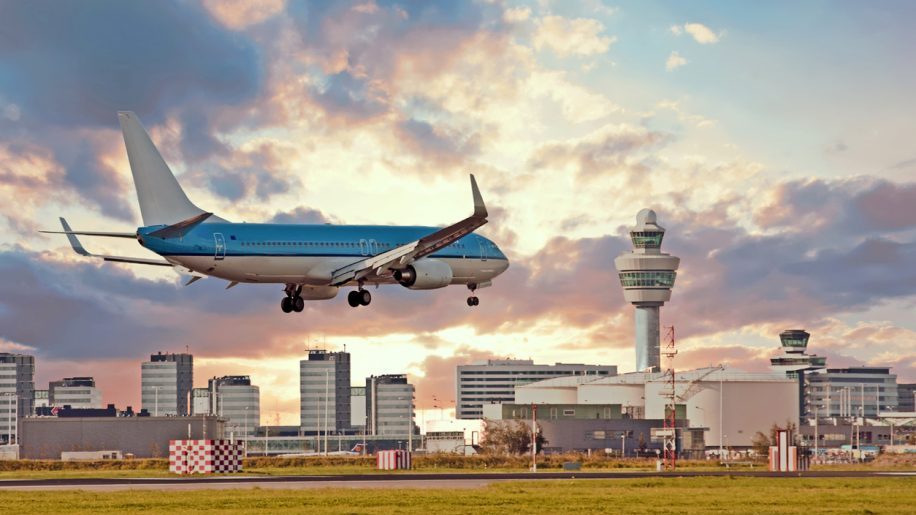More than 200 members of ACI Europe, the trade association for European airports, have committed to produce net zero carbon emissions by 2050.
The body also called for the aviation sector to develop a long-term “joint ambition and vision” for reducing emissions across the sector, supplementing existing efforts.
There are already three net zero airports in Europe; Luleå, Ronneby and Visby, all operated by Swedish airport operator Swedavia.
Swedavia is setting the same target for its Stockholm Arlanda hub by 2020. Hamburg Airport aims to reach net zero emissions by 2022, while Amsterdam Schiphol, Eindhoven, Copenhagen and the Norwegian airport operator Avinor are targeting 2030.
The list of airports also includes Gatwick, Heathrow, Stansted, London City, East Midlands, Dublin, Bristol, Manchester, Edinburgh, Brussels, Cork, Dusseldorf, Frankfurt, ANA Aeroportos de Portugal, Paris CDG, Paris Orly and Lyon-Saint Exupéry.
ACI Europe estimates that the commitment will remove around 3.5 million tonnes of CO2 emissions annually.
The resolution was passed by 203 airports this week as delegations from around the world met in New York for the UN Global Climate Action Summit.
More than 100 cities, 66 countries and 93 companies committed to reach net-zero carbon emissions by 2050, although some of the world’s biggest polluters – such as the US, China and India – did not.
This week also saw the annual general meeting of the UN’s International Civil Aviation Organization (ICAO) in Montreal, at which offsetting emissions was high on the agenda.
The group agreed to partner with the World Economic Forum “on issues pertaining to sustainability and all aspects of aviation development”.
It called off its Friday session as it coincided with “climate strikes” taking place around the world, including in Montreal, during which thousands of people gathered to call for urgent action to tackle climate change.
The ICAO has been criticised by some for making its inner workings too opaque.


